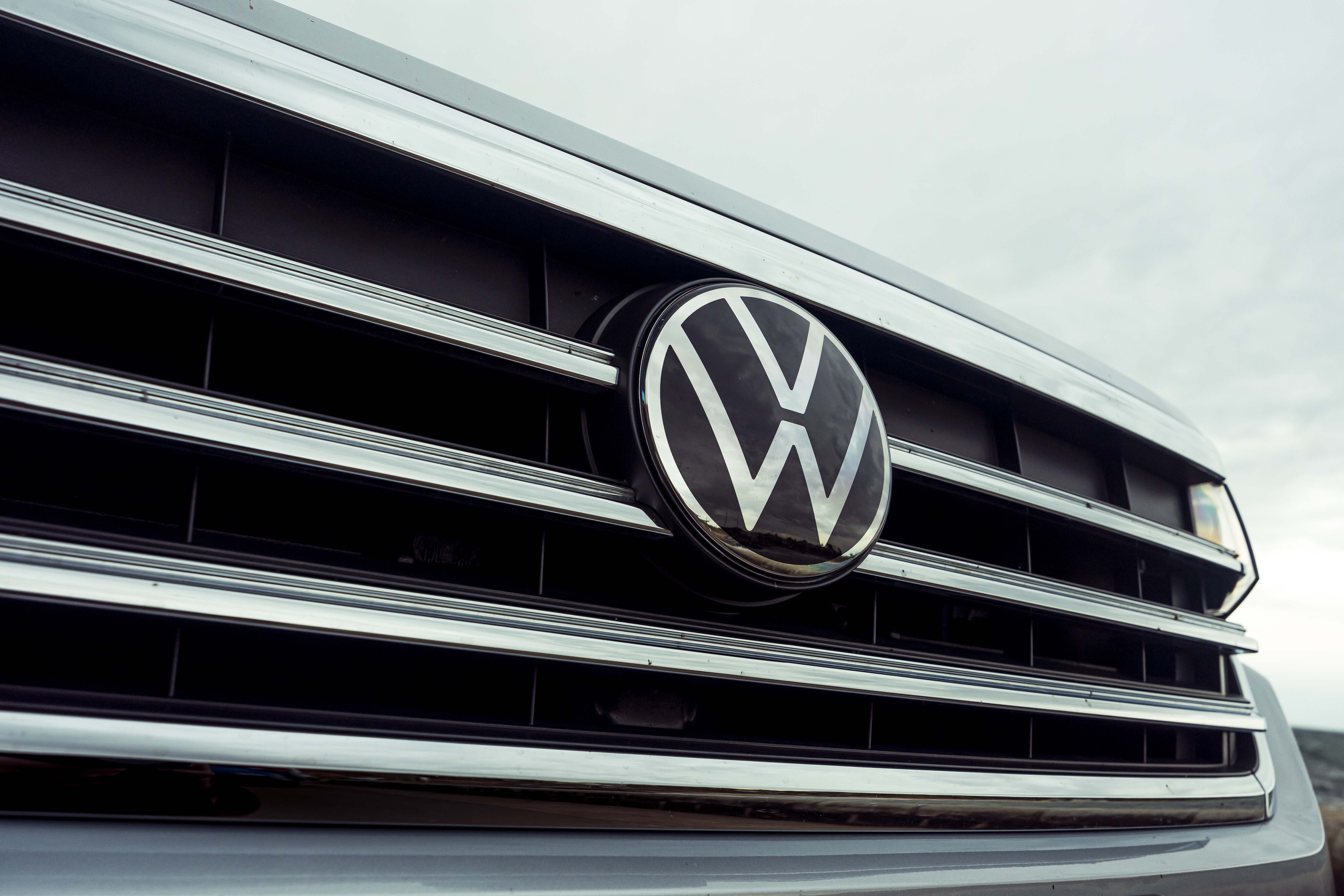
The Volkswagen Group has announced a 10 billion euro (AU$16.6 billion) three-year savings program for the ‘uncompetitive’ VW brand, resulting in job losses.
Volkswagen passenger vehicles CEO Thomas Schäfer said bluntly that VW's cars are “no longer competitive” due to high costs and low productivity.
"With many of our pre-existing structures, processes and high costs, we are no longer competitive as the Volkswagen brand," said Schaefer at a staff meeting at the German brand’s headquarters in Wolfsburg, according to Reuters [↗], signalling likely personnel cuts and other measures that will be announced later this year.
I think the statement is completely right to really build awareness within our team.
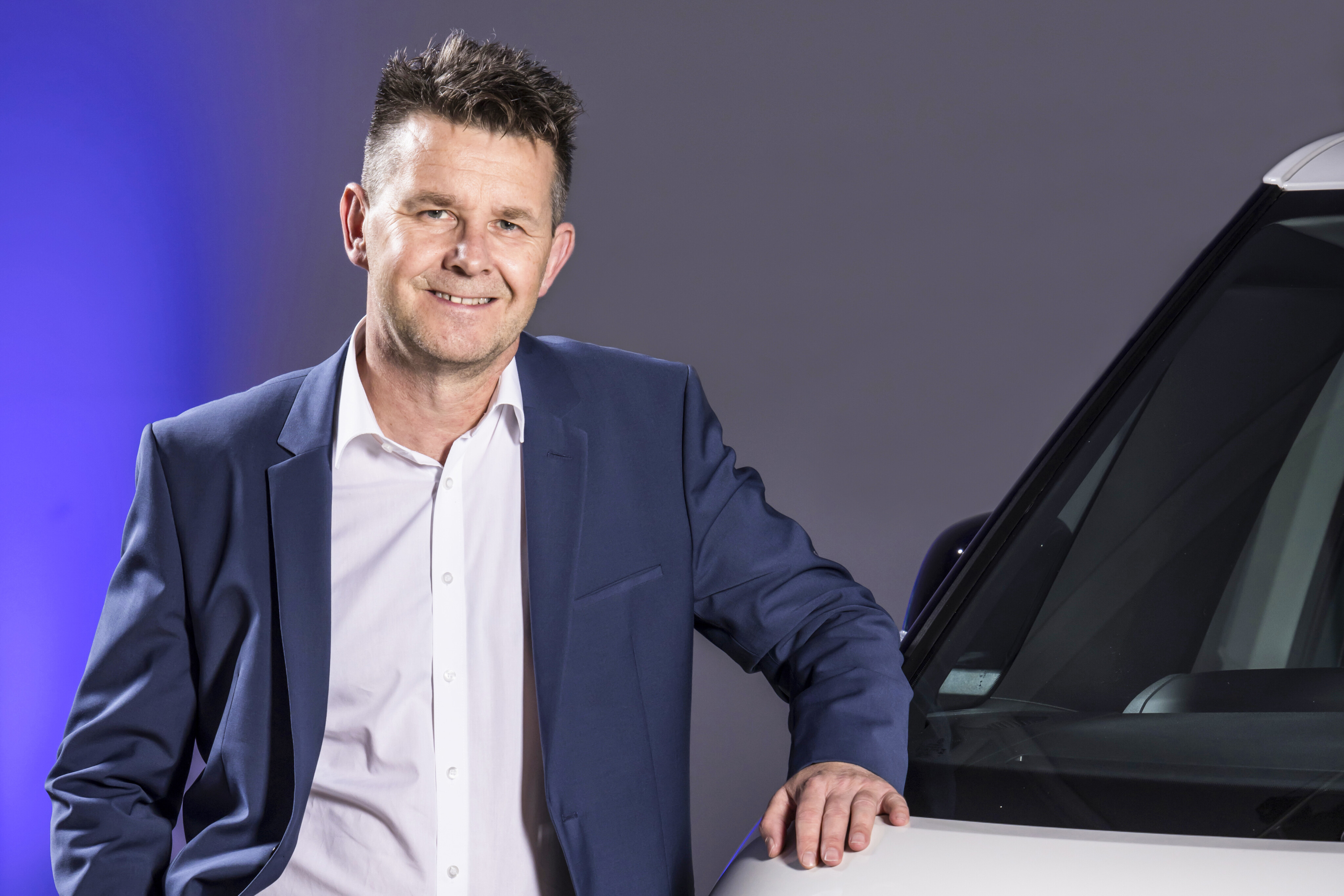
At Volkswagen Australia’s 2023 brand day, we asked new managing director Karsten Seifert how the changes would manifest locally. “I think the statement is completely right to really build awareness within our team [of the coming transformation]”, he replied.
“Being really in a huge transformation time, we see that we have to adapt some of our processes, actions, and really to go a step further”, he said, referring to the brand’s 2024-2025 plan to launch multiple new vehicles.
“I mentioned already speed is an issue we have as a group [in development], we have to be a little bit quicker and to get much faster compared to our competitors”, said Karsten.
I can guarantee you that [Australia is] the most effective team globally
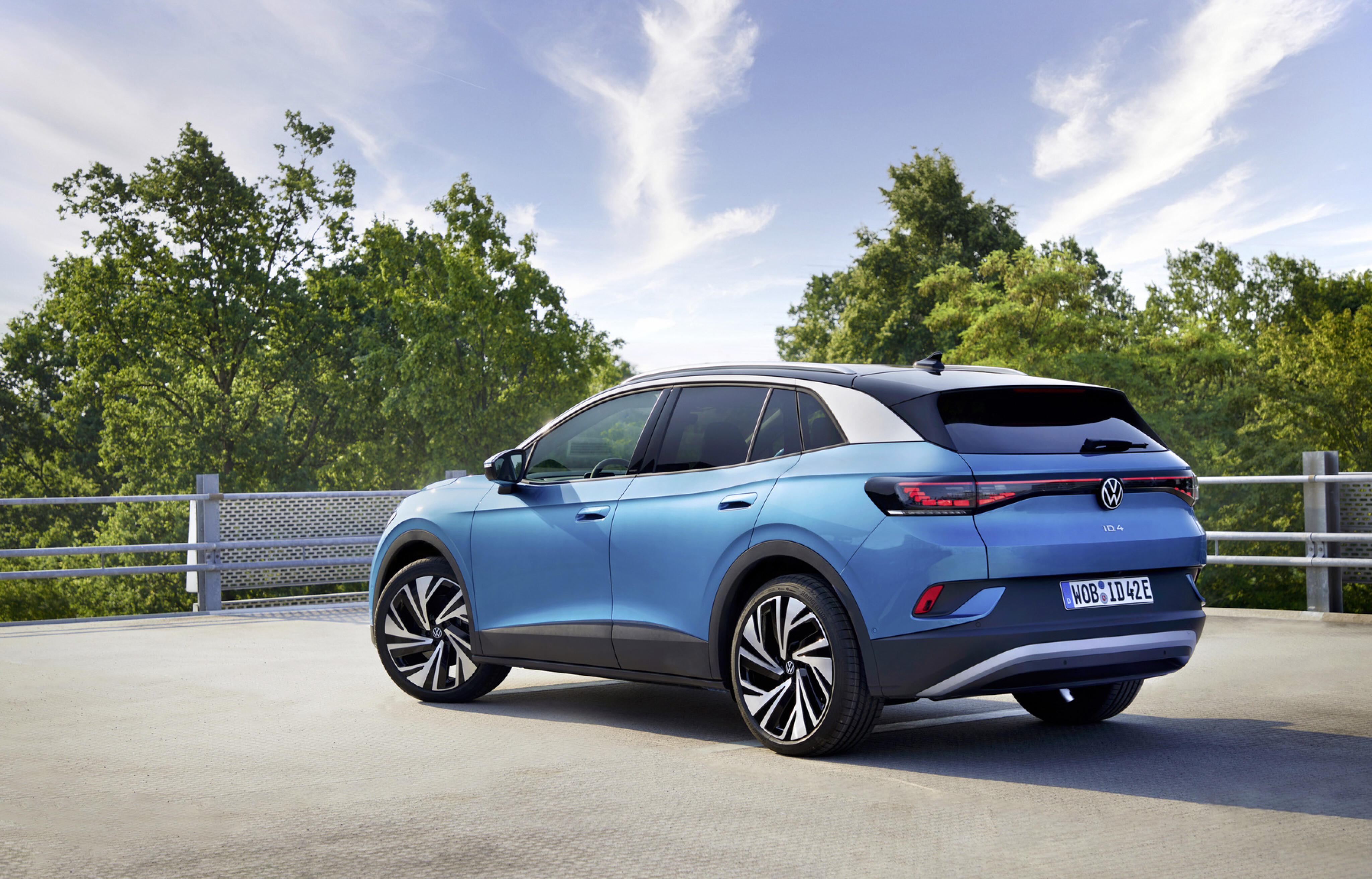
“But I think we are so far away from being completely uncompetitive”, he added. “We have great products at the moment, we just talked about what is coming up for Australia, then we have also great competitors in the market, and we have to see that and to recognise that and to respect that as well.”
Schäfer’s direction is a breath of fresh air for Volkswagen, with executives able to acknowledge issues and begin to address them.
However, according to Volkswagen Australia passenger vehicles managing director Michal Szaniecki, the local arm isn’t so uncompetitive – and perhaps there’s something for global to learn.
“You asked about this implication for our Australian market specifically and I can guarantee you that we are the most effective team globally in the [VW passenger vehicle] world already”, said Szaniecki.
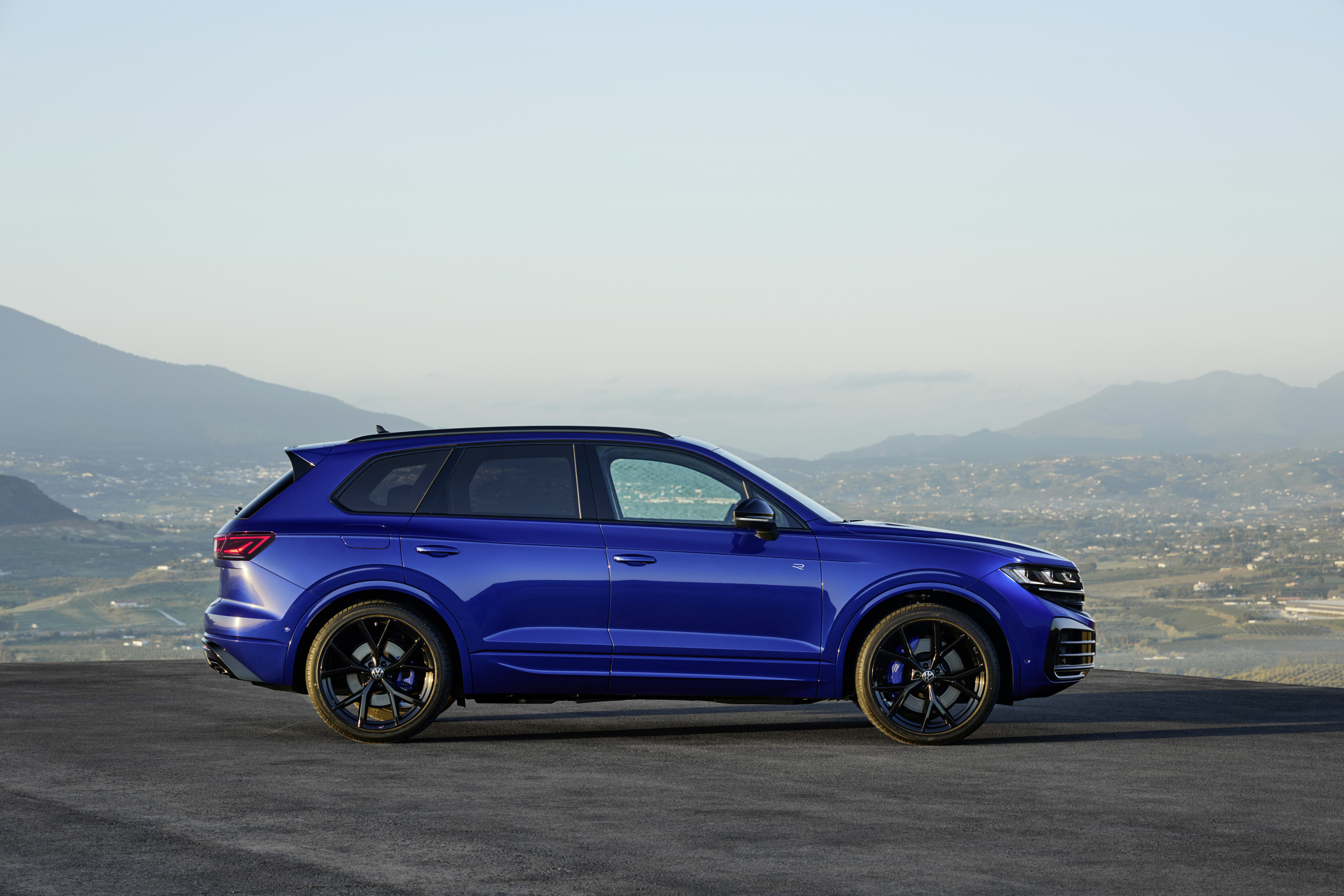
“We practically made optimisations within our portfolio as well”, says Szaniecki, noting the $129,990 price of the Touareg R is below the V8 from 2020. “We very much appreciate the transparency of our leader right now to look into the global functions and fix them because we are looking forward to the changes.”
The brand has posted a 43.9 per cent improvement in sales this year headed by the T-Cross and T-Roc small SUVs. There’s also been continued interest in high-performance (and high-margin) R and GTI models.
VW's electric offensive will begin in July with the ID.4 and ID.5 medium SUVs, followed by the ID.Buzz later in the year. Of the 10 to 12 per cent market share VW is expecting EVs to account for next year, it reckons 18 per cent of its sales will be battery-powered.
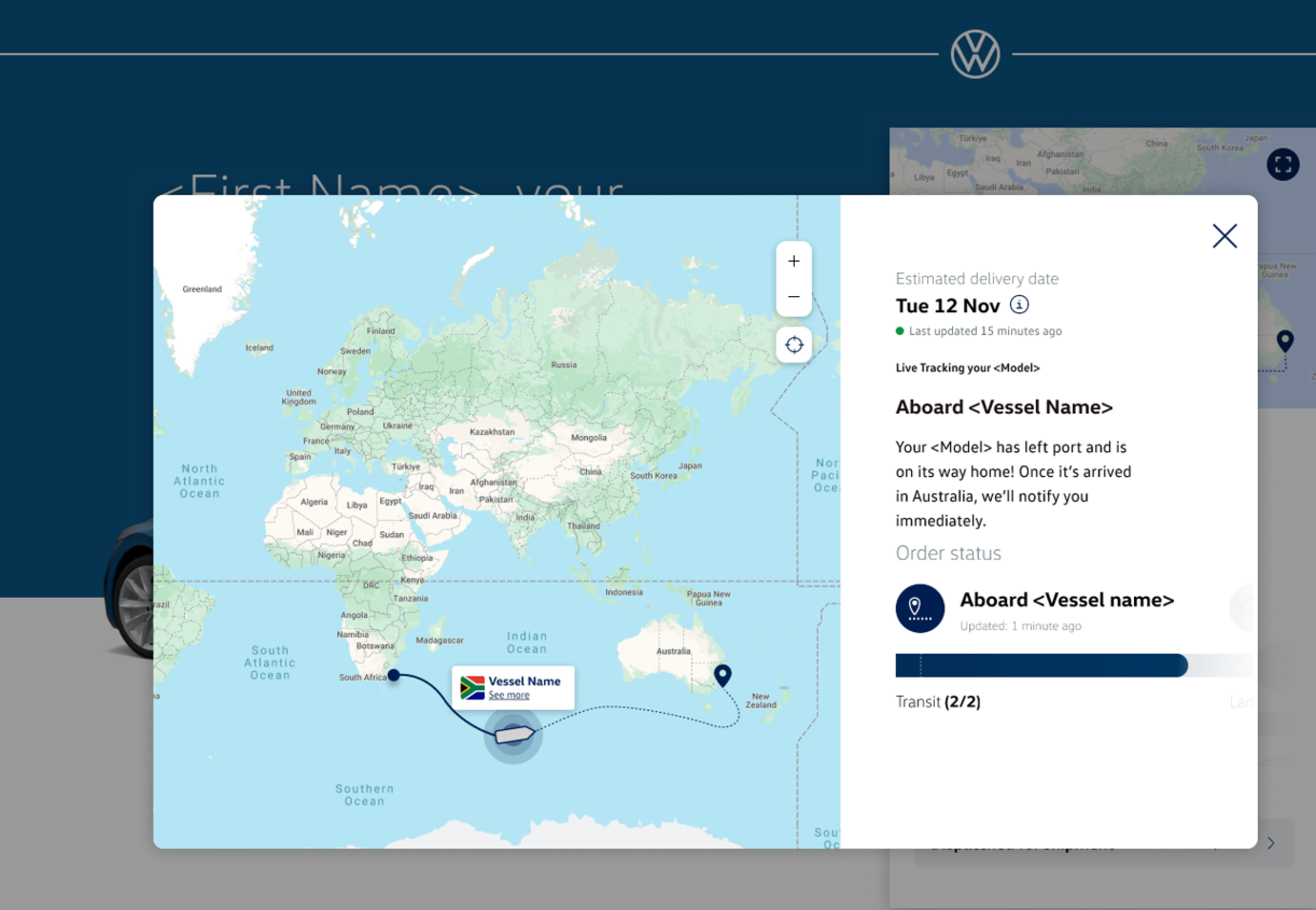
Aside from new products, we can expect a more nimble Volkswagen when it comes to battery and motor performance updates to keep pace with Tesla, BYD, and MG’s rapid developments.
There’s also more to come for the consumer experience, including detailed consumer-facing ship tracking that’ll be a first in Australia when it launches in Q1 2024. Volkswagen is focusing on being a ‘one-stop-shop’ for electric vehicles, making the transition for ICE owners easier than ever.
When a customer buys an ID.4 online, for example, Volkswagen’s Welcome Experience ecosystem carries the process from configuration, to purchase, to tracking, then home installation.
Manufacturers offering wall chargers isn’t new, but VW’s augmented reality assistant is. The brand is also working with a solar panel provider for discounted home installations included with ID vehicles.
COMMENTS